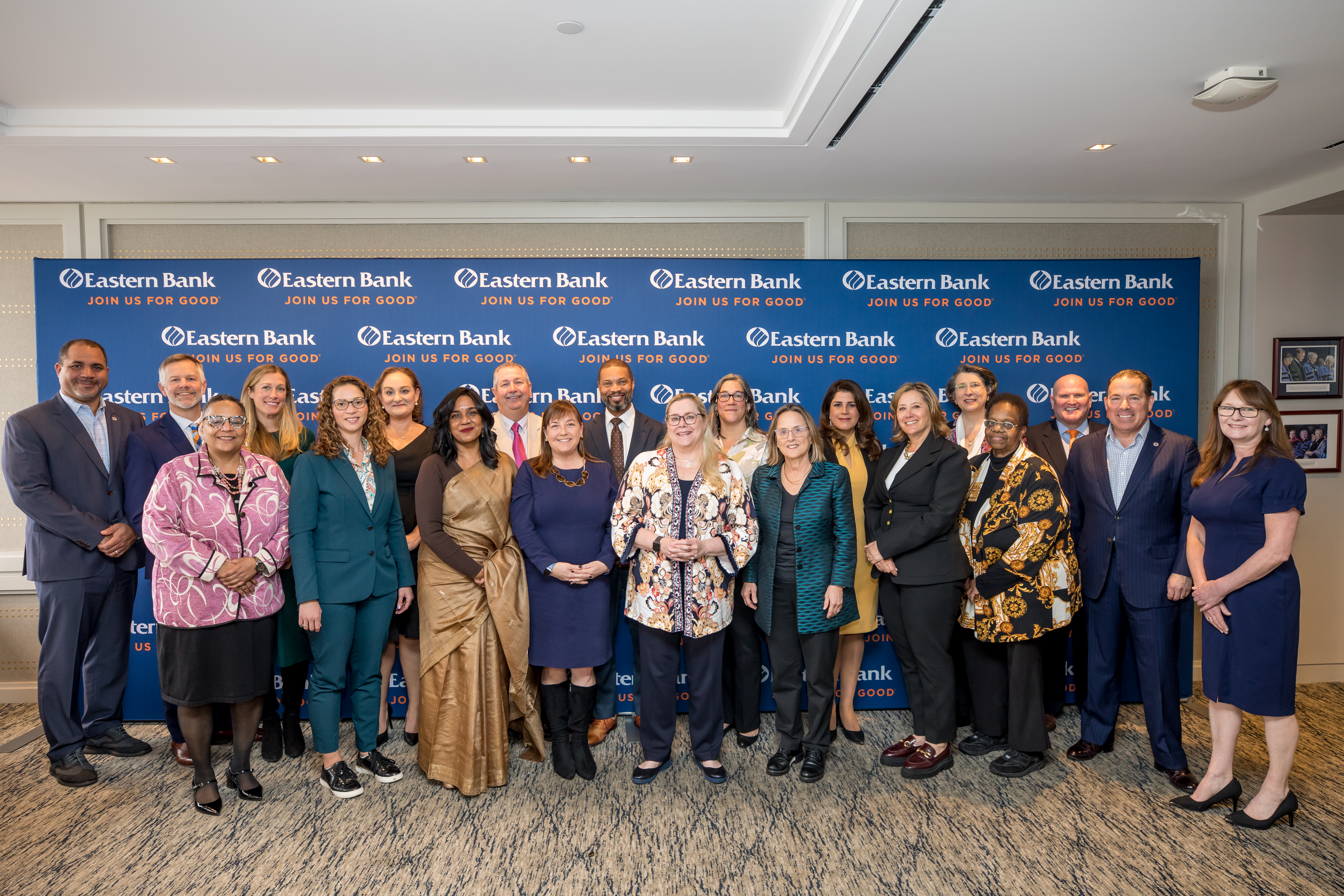
By their third birthday, children in poor families on welfare have vocabularies, on average, of about 500 words, which is roughly half the typical vocabulary of children whose parents hold professional jobs. Moreover, children in the professional families hear, on average, about 2,150 words an hour, compared with 600, on average, for the child in a poor family – and 1,250, on average, for a child in a working class family.
These striking statistics, first published in 1995, in the landmark Hart and Risley study, continue to inform our thinking about young children and the importance of oral language, interactive play and vocabulary as the building blocks of later literacy. The research from New York City’s Bellevue Hospital that I’ll write about tomorrow is just one example of the way Hart and Risley’s findings continue to resonate.
Who were Hart and Risley? And what did they do that was so groundbreaking? National Public Radio recently examined their study. (Read the story l Listen to the story.)
Betty Hart, professor emeritus at the University of Kansas, tells NPR she was a graduate student in the 1960s, working with a professor, the late Todd Risley, to improve the vocabularies of low-income 4-year-olds.
“The idea was that if the kids could speak with the fluency of their wealthier peers across town, they might go on to similar academic achievements,” NPR reports. “But success was elusive. ‘We tried everything,’ Hart says. ‘Everything we could. … We couldn’t do it.’ The problem, they realized, was that they weren’t getting to the kids early enough. Which led to this question: If age 4 was too late, when was early enough?”
To find out, Hart and Risley followed 40 families and children for the first three years of the children’s lives, starting in 1983. Every month for three years, researchers visited the families and recorded what they heard. They spent a decade transcribing the results and analyzing them by computer. In 1995, Hart and Risley’s landmark book, “Meaningful Differences in the Everyday Experience of Young American Children,” was published.
“Hart and Risley estimated that by the age of 4, children of professional parents had heard on average 48 million words addressed to them while children in poor welfare families had heard only 13 million,” NPR reports. “It was no wonder that the underprivileged children they saw at their preschool could not catch up and often lagged behind once they went to school. They simply weren’t getting the experience with language provided to their peers.
“And personally, Hart says, seeing those numbers staring back at her on the page made her more than demoralized. ‘Horrified might be a better word,’ she says. Horrified when you see that the differences are so great, and you think of trying to make up those differences. I mean, the image that you have is of running after a train. You just look at it and say, you know, it’s hopeless.’”
Early educators, pediatricians, child development specialists and others, however, viewed the findings as a data-driven call to action rather than cause for surrender. Hart and Risley’s findings underpin everything from Baby College at the Harlem Children’s Zone to talk campaigns in Boston and Cambridge to the recently launched “Talk/Read/Succeed” initiative in two public housing developments in Springfield. Hart and Risley’s research also informs our audio slide show “The Young Reader’s Journey.”




Leave a Reply to Moving “Beyond the Word Gap” |Cancel reply